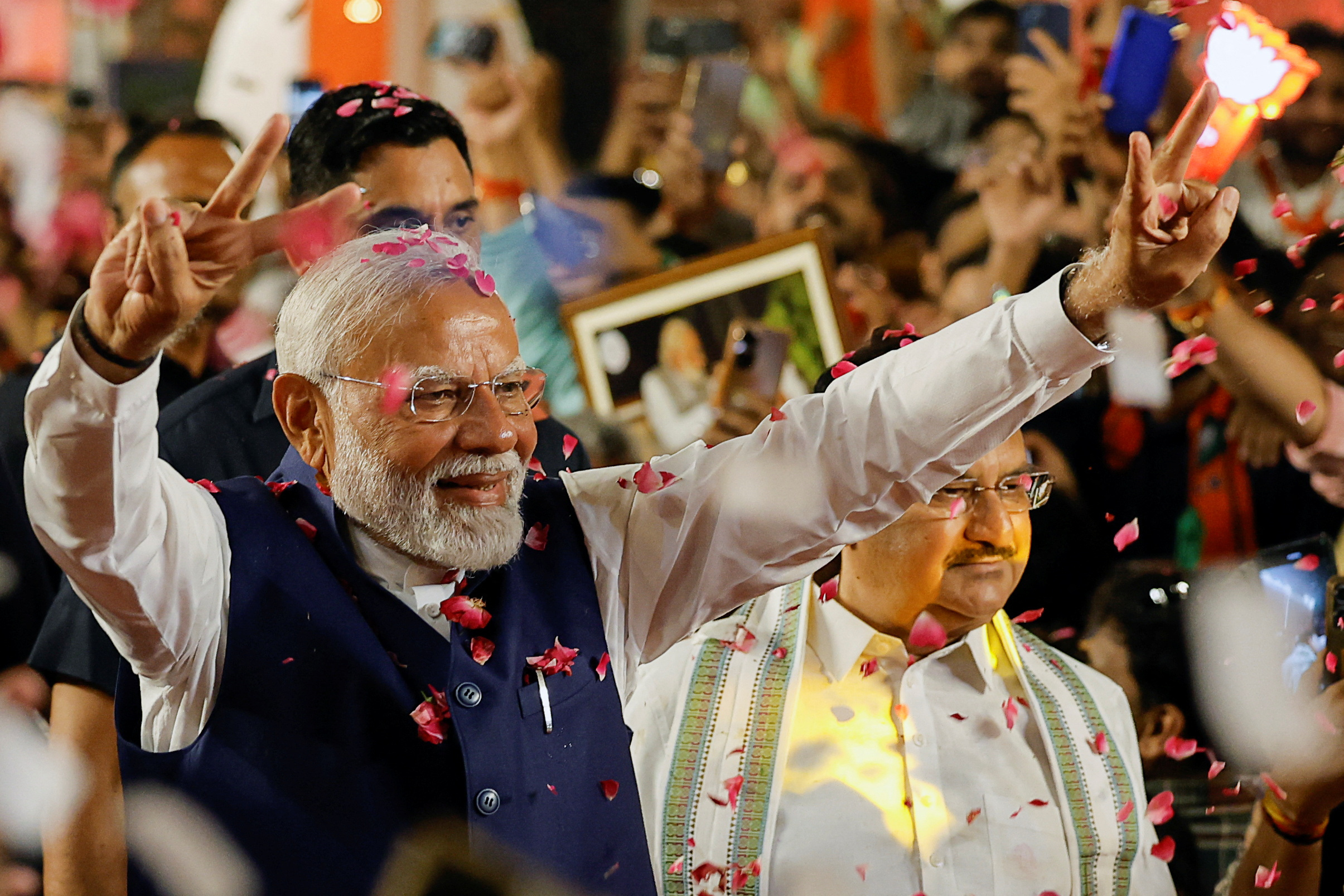Guinea, officially known as the Republic of Guinea, is a country located in West Africa. It operates as a presidential republic. Here is some information about the election system in Guinea:
- Presidential Elections: The President of Guinea is the head of state and is elected directly by the people through a two-round system. If no candidate receives an absolute majority (50% + 1 vote) in the first round, a second round is held between the two candidates who received the highest number of votes. Presidential elections in Guinea occur every six years.
- National Assembly Elections: The National Assembly of Guinea is the unicameral legislative body of the country. Members of the National Assembly, known as deputies, are elected through a mixed electoral system. Some seats are filled through single-member constituencies using a two-round system, while others are filled through party-list proportional representation. The number of seats in the National Assembly is determined by the population and is subject to periodic redistricting.
- Independent National Electoral Commission: The Independent National Electoral Commission (CENI) is responsible for organizing and overseeing elections in Guinea. It manages voter registration, candidate nominations, the voting process, and the counting of votes. The CENI aims to ensure transparency, fairness, and credibility in the electoral process.
- Political Parties: Guinea has a multi-party system, with several political parties participating in elections. The major political parties in Guinea include the Rally of the Guinean People (RPG), the Union of Democratic Forces of Guinea (UFDG), and the Union for the Progress of Guinea (UPG), among others.
- Voter Eligibility: Guinean citizens who are at least 18 years old have the right to vote in presidential and National Assembly elections. Voter registration is required, and citizens must be included in the electoral roll to participate. Eligible voters can cast their ballots at designated polling stations within their respective constituencies.
Guinea has experienced political transitions and challenges in its democratic development since gaining independence. The country has made efforts to strengthen democratic institutions and improve the electoral process.



